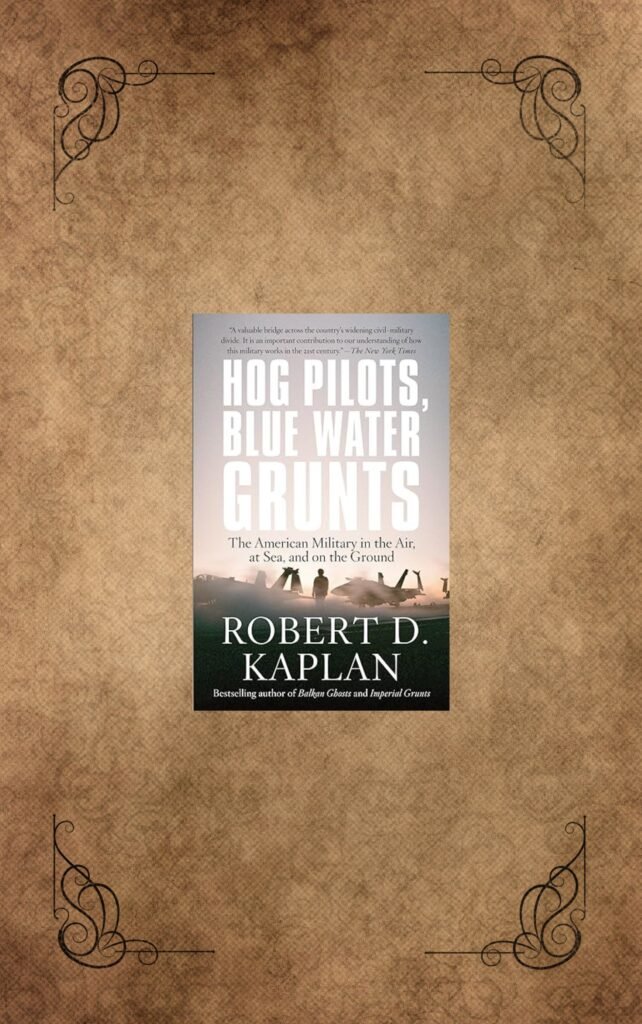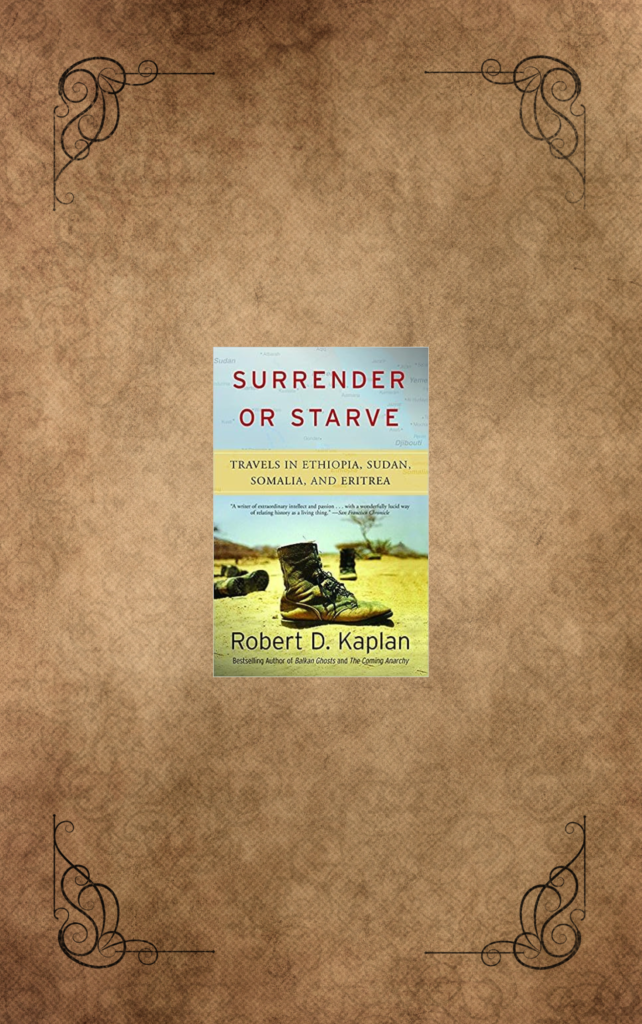Whoever you are, your life is influenced by open-source research, directly or indirectly. This article is about basics of open-source research: how to begin? Take the example of two amazons. From Mr Jeff Bezos to any unknown indigenous person living in the Amazon, open-source research is relevant.
For Amazon.com, Inc. it is mandatory for A to Z of E-commerce. For indigenous population in the Amazon jungle, it is important because many climate change activists use open-source information to support measures against deforestation.
If you are planning to undertake research this article on “basics of open-source research: how to begin?” is a useful start.
Primary and Secondary Sources
In research methodology there are two types of sources for citations. Primary and Secondary. Primary sources are direct sources. Examples include interviews, original research, original documents and so on.
While secondary sources are indirect sources. Examples include scholarly articles, books, documentaries etc. These indirect sources, however, are based on direct sources.
Healey Library, University of Massachusetts Boston, website contains more information. This article on “basics of open-source research: how to begin?” is also an example of a secondary source.
Research Subject
To begin anything, it is helpful to take out some time to think it over. Basics of open-source research also begin with that. What do you want to research? Are you looking for the best café? Hottest sales? Most effective marketing techniques? Comparison of military hardware? It can be anything. It can be about history, present or future.
Step-1
Identification of the correct research subject is important. It tones down many difficulties, even for google. Let us take an example of looking for the best café. Right here right now open another browser and type café on any search engine you use. In 40 seconds, my search engine produced about 5,030,000,000 results.
Step-2
Narrowing down, in other terms being more specific, is the next step in the basics of open-source research: how to begin? Now type “best café” on your search engine. Mine found about 4,310,000,000 results in 0.42 seconds. 720,000,000 less results by addition of a single word.
While search engine processes involve many factors such as key words, location, genre etc, this simple example illustrates that to start your journey you need to know where you want to go. More specifically defined subject reduces time for research. Keep your subject as close to your actual requirement as possible.
Research Question
Second important factor in “basics of open-source research: how to begin?” is formulation of research questions. Research questions define what you are looking for in any particular subject.
Take an example of the field of shipping. Here shipping is a field of research. Subjects of research can be legal, operations, management, services related to shipping and so on. Let us assume you are planning to undertake research on legal aspects of shipping. In order to undertake research on legal aspects of shipping it will be useful to narrow down the subject to your exact requirement because there are many sectors in shipping such as vessels, port services, arbitration procedures, environmental aspects and so on. Let us assume that your narrowed down subject is environmental laws of the shipping industry. Now comes the time for research questions.
Research questions will define the length and breadth of the requirement for research. In open-source information it is important to note that meta data is available online. Small variation means big difference, especially remaining within human capacities. Therefore, research questions need careful crafting. Your research question should answer elements of what to look for? What For to look for? Where to look?
Let us locate elements of research questions for the subject “environmental laws of shipping industry”.
What: Laws
What for: Environmental
Where: Shipping Industry
A suitable research question, therefore, can be “what are environmental laws for the shipping industry?”.
Choosing Sources
Third factor is choosing sources for open-source research. Akin to review of literature in research methodology; authentic sources are important as foundation of open-source research.
Choosing sources will be dependent on the nature of the subject, scope of research, time available and so many other factors. However, open-source research always begins with reputable websites.
Personally, in my line of work, I will prefer to choose official websites of various organizations when I am looking for an authentic set of data. It is important to remember that in most professional capacities, you would be required to use references in your work. If not on paper, at least to support your argument. Therefore, authenticity is important.
Tricks for Choosing Sources
One
I suggest starting by looking at top scholarly articles. Why? Because it will have different primary sources as well as secondary sources to build upon. Remember any secondary source including scholarly work is at the end an opinion of the writer. Going through his primary and secondary sources gives you a better perspective. Advantage of looking at scholarly articles is that it takes less time to go through than a book.
Two
Look for books and documents. Books generally are secondary data sources. To choose books for further read; try reading relevant book reviews first. You can check out what a book review is here. If you have less time and you have chosen a book; go through its preface and index; locate what you are looking for and begin there first.
Documents are the primary source provided they are official. Official here does not mean any specific entity in any capacity. Official means that their publication is official, be it by a person, an organization or a country which has published it. Choose documents which have been published at reputable websites.
Three
Divide and Rule. Yes, it is useful. Divide your research question into different parts. Remember the example research question; “what are environmental laws for the shipping industry?”. Environmental laws and the shipping industry are two separate fields. Divide them and look into their different aspects separately. In research methodology it is called secondary research questions or sub research questions.
Four
Triangulate. Find commonalities and linkages in your research. Make sense out of nonsense. Material out of mess. Basically, here you start the shunning process. What to keep and what to let go. Keep what is important.
Finally Cyber Sentiments – Know your search engine.
Humans are not perfect. How can everything humans make can be perfect? Therefore, whatever search engine you use, know the basics of its use. There are many articles available online that provide basic steps for online search. Simply put, you should understand the sentiments of your search engine. Keep it happy; it will keep you happy.






